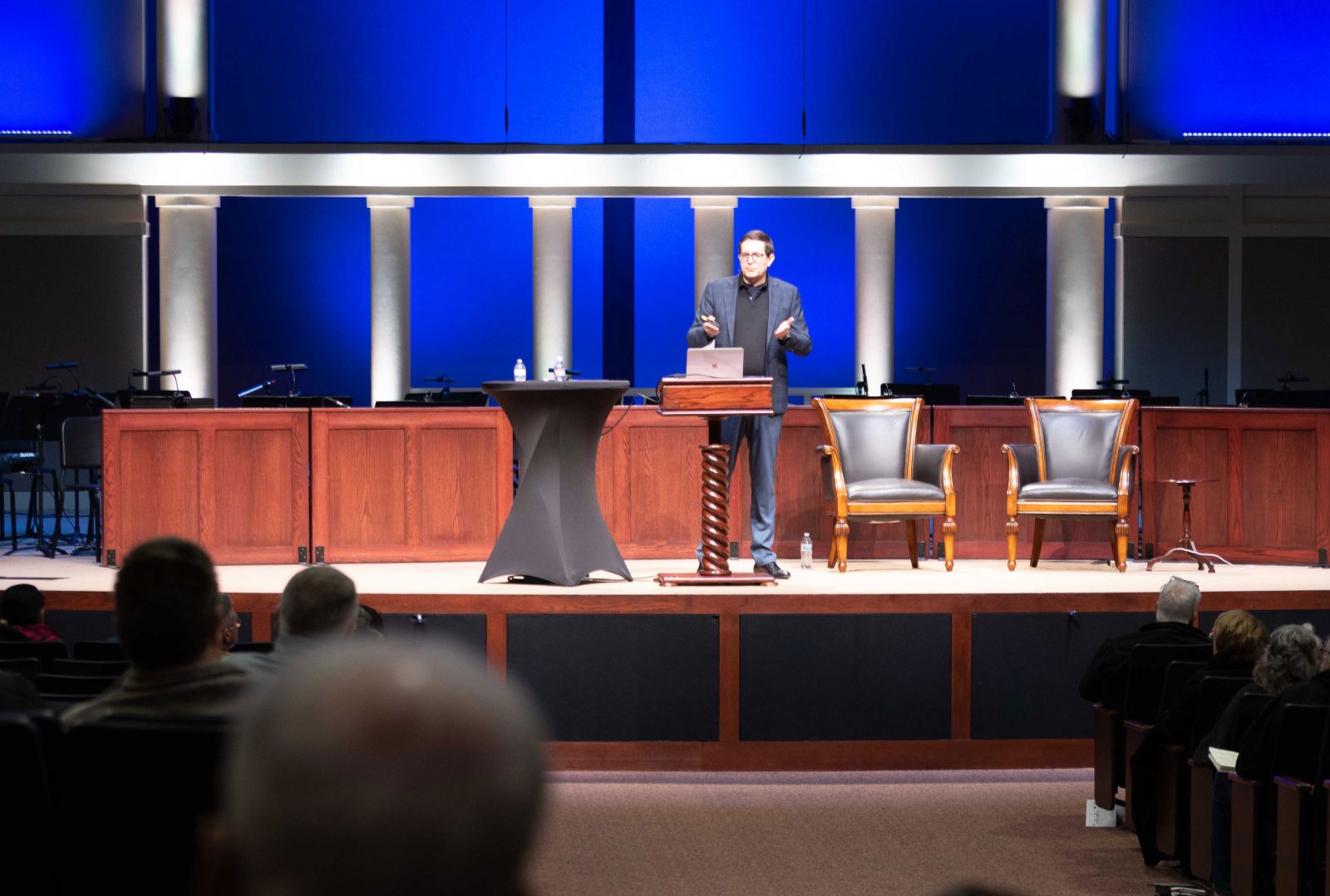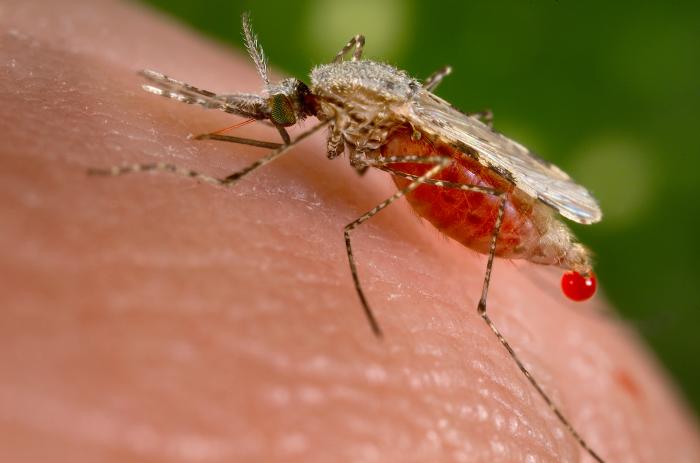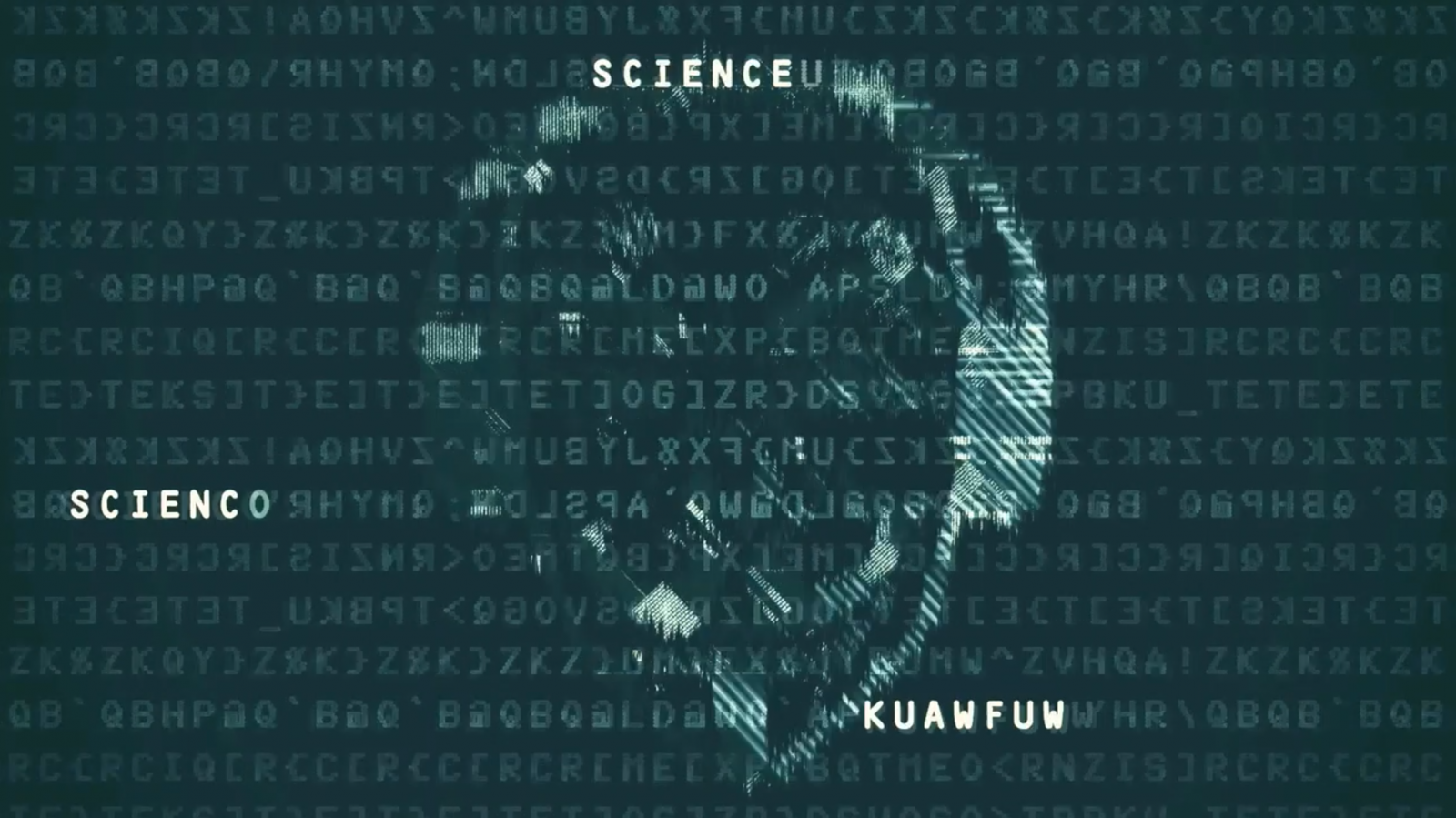
Brian Miller: The Surprising Relevance of Engineering in Biology
Today’s ID the Future brings listeners physicist and engineer Brian Miller’s recent lecture at the Dallas Conference on Science and Faith, “The Surprising Relevance of Engineering in Biology.” Miller rebuts several popular arguments for evolution based on claims of poor design in living systems, everything from the “backward wiring” of the vertebrate eye to whales, wrists, ankles, and “junk DNA.” But the main emphasis of this discussion is the exciting sea change in biology in which numerous breakthroughs are occurring by scientists who are treating living systems and subsystems as if they are optimally engineered systems. Some in this movement reject intelligent design for ideological reasons. Others embrace it. But all systems biologists treat these systems as if they are masterfully engineered systems, and that perspective is rapidly accelerating progress in experimental biology. At the forefront of this work is the Conference on Engineering in Living Systems (CELS). Miller provides an exciting sneak peek at some of the cutting edge research from members of this group.








